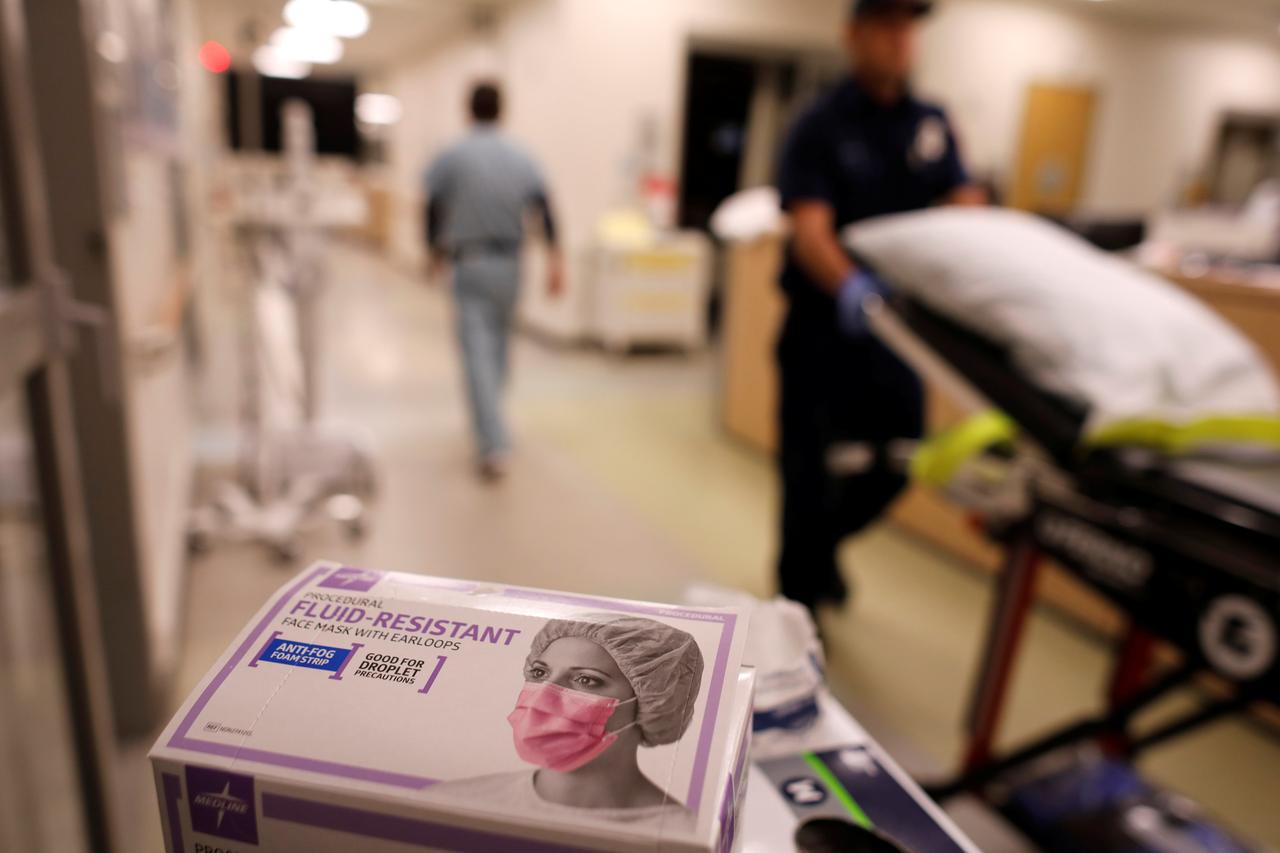
In our part of the world we take this threat very lightly and consider this domain to be solely for clinicians or laboratorians. But as the novel coronavirus outbreak in China shows, neglecting this threat could crush you no matter how strong and stable a country you are. Most countries have closed their travel links with China and the once booming economic and tourist hub looks like a ghost town now. The travel restrictions within China itself are unprecedented, with schools, offices and factories either closed or unable to work on full capacity. With China being a major player in the global economy, any negative indicator there creates ripples in the global financial system. China knows this better than anyone and has already allocated $10 billion for direct relief for the current outbreak. It has also cut down interest rates and announced the stimulus package for the economy.
China was prepared for a pandemic. It set up strong public health institutes (China CDC) and trained many in epidemiology and laboratory practice. Its expenditure on health grew over the years — yet it’s struggling. Its strong economy will eventually withstand this heavy blow but will incur major costs to the country and the world. But what about countries like us?
Pakistan and India spend paltry amounts on health. Almost 70% of this is directly paid by the people in private healthcare. The universal health insurance system covers a very small portion of the population in Pakistan. However, most of the spending on health is consumed by hospitals, salaries of health staff and other related expenses. Very little is left to prepare this nation from viral threats despite the largest outbreaks of XDR typhoid and HIV in young children. We were also one of the first few countries to have a major outbreak of a new fungus disease with a high resistance and fatality rate. This report card does not let us raise our head in global public health circles.
But as China’s example shows, not being ready is not just detrimental to some poor children in rural Sindh or Khyber Pakhtunkhwa, but the country’s economy and national security is at stake. However, this message is not being heard by those in the high echelons of power. This challenge is not limited to our region or poor countries. The world is still not ready for major pandemics even with developed countries spending enough to ensure they can mitigate their internal and external threats. Countries with weaker economies and health systems are at a higher risk. Pakistan also needs to prioritise its spending for preparedness. We do not have a strong health system so we can only mitigate the threat by ensuring fool proof screening, robust disease surveillance and a response system and network of public health laboratories with strong risk-communication strategies. In the long term, we need to ensure that public health is also considered an important component of national security. The bugs have already started the Third World War but we are still not ready!
Published in The Express Tribune, February 23rd, 2020.
Like Opinion & Editorial on Facebook, follow @ETOpEd on Twitter to receive all updates on all our daily pieces.












COMMENTS
Comments are moderated and generally will be posted if they are on-topic and not abusive.
For more information, please see our Comments FAQ